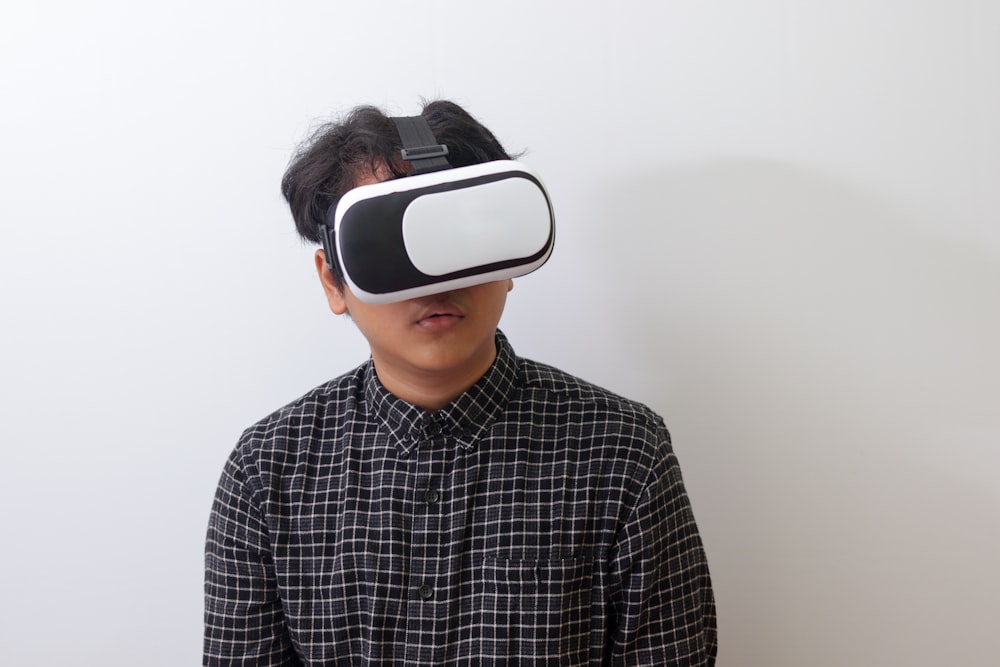Unveiling Meta Navigating the Future of Virtual Worlds
Exploring Meta and Metaverse: Redefining Digital Interaction
Introduction to Meta and Metaverse
In the fast-paced world of technology, the terms “Meta” and “Metaverse” have become increasingly prominent. These concepts represent a new frontier in digital interaction, offering exciting possibilities for how we connect, create, and experience the online world.
Understanding Meta: Beyond Social Media
Meta, formerly known as Facebook, has undergone a significant transformation in recent years. While it remains a social media platform at its core, Meta is expanding its horizons to encompass a broader vision of the digital landscape. With initiatives like the Metaverse, Meta aims to create immersive and interconnected virtual worlds that transcend the limitations of traditional social networking.
The Rise of the Metaverse
The concept of the Metaverse has captured the imagination of technologists, gamers, and futurists alike. Often described as a collective virtual space where users can interact with each other and digital environments in real-time, the Metaverse represents the next evolution of the internet. With advancements in virtual reality (VR), augmented reality (AR), and artificial intelligence (AI), the Metaverse promises to blur the lines between the physical and digital worlds like never before.
Exploring the Possibilities
Within the Metaverse, the possibilities are endless. From socializing with friends in virtual spaces to attending concerts, conferences, and other events, users can immerse themselves in a wide range of experiences. Businesses are also exploring opportunities within the Metaverse, from hosting virtual storefronts to creating interactive marketing campaigns and virtual offices.
Meta’s Role in Shaping the Metaverse
As one of the leading tech companies driving the development of the Metaverse, Meta plays a pivotal role in shaping its future. Through initiatives like Horizon Worlds and Meta Quest, Meta is building the infrastructure and tools necessary to bring the Metaverse to life. By leveraging its expertise in social networking, AI, and VR, Meta aims to create a seamless and immersive virtual experience for users around the world.
Challenges and Considerations
While the Metaverse holds great promise, it also presents unique challenges and considerations. Privacy, security, and digital rights management are among the key issues that must be addressed to ensure the safety and well-being of users within virtual environments. Additionally, questions about accessibility, inclusivity, and the democratization of the Metaverse remain at the forefront of discussions.
The Future of Meta and Metaverse
As we look to the future, the convergence of Meta and the Metaverse will continue to reshape the way we interact with technology and each other. From virtual meetings and social gatherings to immersive gaming experiences and educational opportunities, the Metaverse has the potential to revolutionize virtually every aspect of our lives. With Meta leading the charge, we are on the brink of a new era of digital interaction unlike anything we’ve seen before. Read more about meta and metaverse
Virtual Reality and Metaverse Exploring Digital Realms
Exploring Virtual Reality and Metaverse
Understanding Virtual Reality
Virtual reality (VR) has long been heralded as the next frontier in digital technology. With VR, users can immerse themselves in a simulated environment, often using a headset or goggles to experience a sense of presence in a virtual world. Whether it’s exploring far-off lands, participating in virtual games, or attending virtual meetings, VR offers a wide range of applications that are changing the way we interact with digital content.
The Rise of the Metaverse
The concept of the metaverse has gained significant attention in recent years, thanks in part to the growing popularity of virtual reality technology. The metaverse refers to a collective virtual shared space, created by the convergence of virtually enhanced physical reality and physically persistent virtual reality. In essence, it’s a digital realm where users can interact with each other and digital objects in a virtual environment.
Exploring Digital Realms
One of the most exciting aspects of virtual reality and the metaverse is the ability to explore digital realms that were previously inaccessible. From virtual landscapes modeled after real-world locations to fantastical environments limited only by the imagination, VR and the metaverse offer endless opportunities for exploration and discovery. Whether it’s exploring the depths of the ocean or soaring through the skies, users can experience a sense of freedom and adventure unlike anything they’ve ever experienced before.
Immersive Experiences
One of the key benefits of virtual reality and the metaverse is the ability to create immersive experiences that engage users on a deeper level. Whether it’s through realistic graphics, spatial audio, or haptic feedback, VR and the metaverse can create a sense of presence that makes users feel like they’re truly part of the virtual world. From virtual concerts and art installations to virtual theme parks and museums, the possibilities for immersive experiences are virtually limitless.
Social Interaction
Another important aspect of virtual reality and the metaverse is the potential for social interaction. In virtual reality, users can interact with each other in real time, using avatars to represent themselves in the virtual world. This allows for social experiences that mimic real-world interactions, such as chatting with friends, attending virtual events, or collaborating on projects. In the metaverse, users can connect with each other across different virtual environments, creating a sense of community that transcends physical boundaries.
Challenges and Opportunities
While virtual reality and the metaverse offer exciting possibilities, they also present their own set of challenges. From technical limitations to concerns about privacy and security, there are many factors to consider when exploring these emerging technologies. However, with careful planning and collaboration, these challenges can be overcome, paving the way for a future where virtual reality and the metaverse play an increasingly important role in our digital lives.
Looking to the Future
As virtual reality and the metaverse continue to evolve, the possibilities for their future are endless. From virtual reality theme parks and immersive educational experiences to metaverse-based social networks and virtual economies, the potential applications


